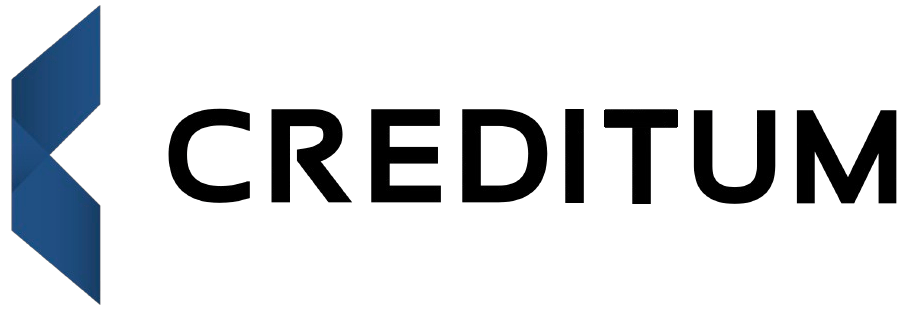Student Loans
- All credit scores
- 100% online
- Get offers in seconds

Student loans play a crucial role in making higher education accessible to many South Africans. Given the rising costs of education, these loans provide a vital solution for students who need financial assistance to pursue their academic dreams. As a key component of the education system, student loans offer the opportunity for many young individuals to enhance their skills, improve their social mobility, and contribute positively to the economy.
Why consider a student loan?
Education can be a stepping stone to better opportunities, but it often comes with significant costs. For many students in South Africa, managing these expenses without external help can be challenging. This is where student loans become essential. They provide the financial support needed to access higher education, covering costs like tuition, textbooks, and living expenses, which might otherwise be out of reach.
Student loans open doors to educational opportunities that can lead to rewarding careers. Without the burden of immediate financial pressure, students can focus on their studies, aiming for qualifications that could improve their career prospects. For some, a student loan is not just a choice, but a necessity to pursue their academic goals and build a brighter future.
Types of student loans available
In South Africa, there are several types of student loans designed to assist learners in reaching their academic dreams. Each type of loan comes with its own set of features tailored to different needs and circumstances.
- Government-backed loans: Often offered through public financial institutions, these loans typically have lower interest rates, making them more affordable. They may also provide grace periods before repayments begin.
- Private student loans: Provided by banks or private lenders, these loans may have higher interest rates but can offer more flexible repayment terms.
- Income-contingent loans: These are structured so repayments are based on the student’s future earnings, making it easier to manage after graduation.
Choosing the right type of loan depends on individual financial needs and future prospects.
Eligibility criteria for student loans
Applying for student loans typically requires meeting a few common criteria. First, you usually need to be a South African citizen or hold permanent residency in the country. This ensures the loans are provided to those who are likely to stay in South Africa. Additionally, applicants are generally required to be accepted or enrolled in a recognized institution. This could include universities, colleges, or other accredited educational institutions where financial support is deemed necessary. Your commitment to a course of study is a key factor.
Another important requirement is related to financial standing. Many loan providers assess your ability to repay the loan, often requiring some form of income verification. This might include part-time work for students with jobs, or some sponsors like parents or guardians who can co-sign the loan. Good credit history can also be beneficial in securing a loan more easily. It’s crucial to understand that while these are typical requirements, they may vary slightly depending on the specific loan provider or institution.
Pros and cons of taking a student loan
Student loans can open doors to higher education, which might not be possible otherwise. One major advantage is that they often have lower interest rates compared to regular loans. This can make them more affordable in the long run. Additionally, they provide a chance to invest in your future by acquiring skills and qualifications that can enhance job prospects. But there are downsides too. Managing debt responsibly is necessary, as repayment starts soon after graduation, sometimes even before securing a stable job. This financial burden might last for years. Moreover, interest rates, though lower, can still accumulate if payments are delayed. So, while student loans can provide access to education, it’s wise to weigh the potential financial strain they might cause afterwards.
How to apply for a student loan
Applying for a student loan in South Africa involves several steps. Here is a simple guide to help you through the process:
- Research your options: Before applying, explore different lenders and loan offerings. Consider interest rates, repayment terms, and loan amounts. Choose the one that suits your needs.
- Prepare the necessary documents: Gather all required documentation, including your ID, proof of registration at a tertiary institution, and personal banking details. Some lenders may also ask for proof of income or a guarantor.
- Submit your application: Fill out the application form, either online or at a physical branch. Ensure all information is accurate to avoid delays.
- Await approval: Lenders will review your application and conduct any necessary checks. Once approved, they will inform you of the loan terms.
- Accept the offer: Carefully read the loan agreement. If you agree, sign the contract to finalize your student loan.
Following these steps can help make the application process smooth and reduce stress. Remember, it’s important to understand the commitment involved in taking a loan.
Managing student loan repayment
Effectively managing student loan repayments is crucial for maintaining financial health. One smart approach is creating a repayment plan that aligns with your budget. Begin by listing all monthly expenses and see where the loan repayments fit. This helps in pinpointing opportunities to cut unnecessary costs.
Next, consider setting up automatic payments to avoid missing a due date. Paying on time helps maintain a strong credit score. It may also qualify you for potential interest rate discounts from some lenders. Making slightly larger payments whenever possible can further reduce the loan balance and decrease the total interest paid over time. These small efforts can make a significant impact in managing student loans efficiently.
Alternatives to student loans
Searching for ways to fund your education without resorting to loans? Scholarships offer a fantastic opportunity. They are awarded based on merit or need, and often cover tuition fees. It’s worthwhile to apply to as many as possible – each one could be a step closer to your educational goals.
Another option is to look into savings. Building up a savings account dedicated to education can be a wise choice. Starting early allows you to take advantage of compound interest, lightening your financial load when it’s time to pay for school. Consider starting with a small amount and gradually increasing it over time.
